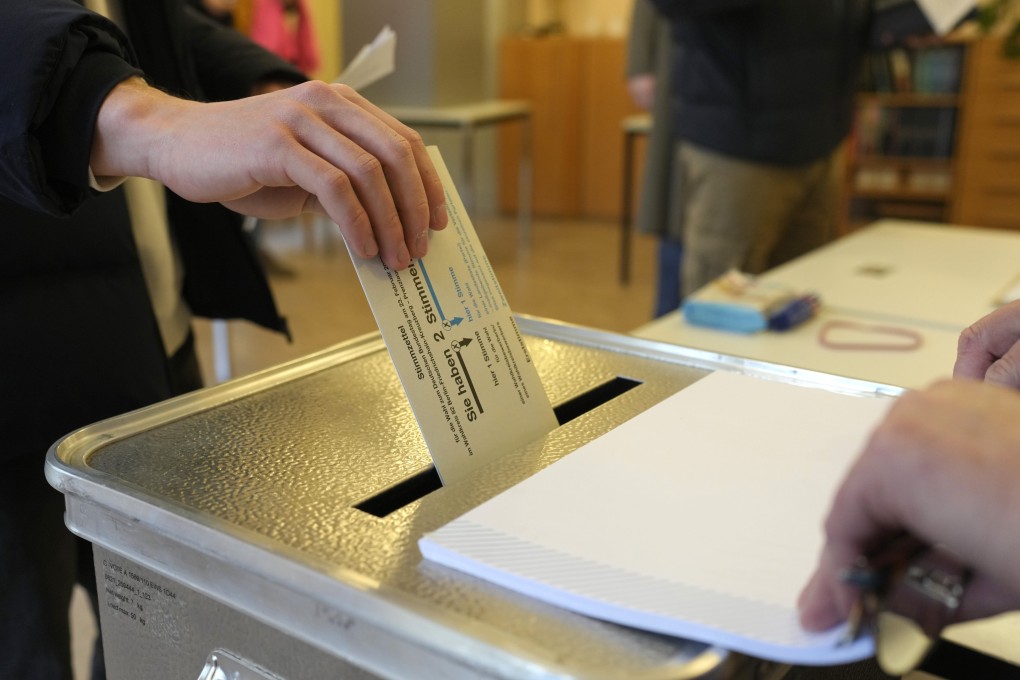Germany polls could reshape Europe as conservative Merz aims to lead amid far-right surge
The conservatives lead polls, with Friedrich Merz likely to be chancellor, while the far-right AfD could achieve a historic result

Germans began voting on Sunday in a pivotal election, with the conservatives the strong favourites after a campaign rocked by a far-right surge and the dramatic return of US President Donald Trump.
Germany’s electoral system rarely gives any party an absolute majority and opinion polls suggest no party is anywhere near one this time. Two or more parties will most likely form a coalition in the coming weeks.
Front-runner Friedrich Merz wants to rid his Christian Democratic Union (CDU) party of former leader Angela Merkel’s centrist legacy and has vowed a tough rightward shift if elected to win back voters from the anti-immigration Alternative for Germany (AfD).
It appears to be headed for the strongest showing by a far-right party since World War II and is fielding its first candidate to lead the country.
While other parties say they will not work with AfD and its Alice Weidel has no realistic chance of taking the country’s top job, AfD has become a factor other politicians cannot ignore and has helped shape Germany’s debate on migration.

Polling stations opened at 8am local time, with more than 59 million Germans eligible to vote and first estimates based on exit polls expected after polls close at 6pm.